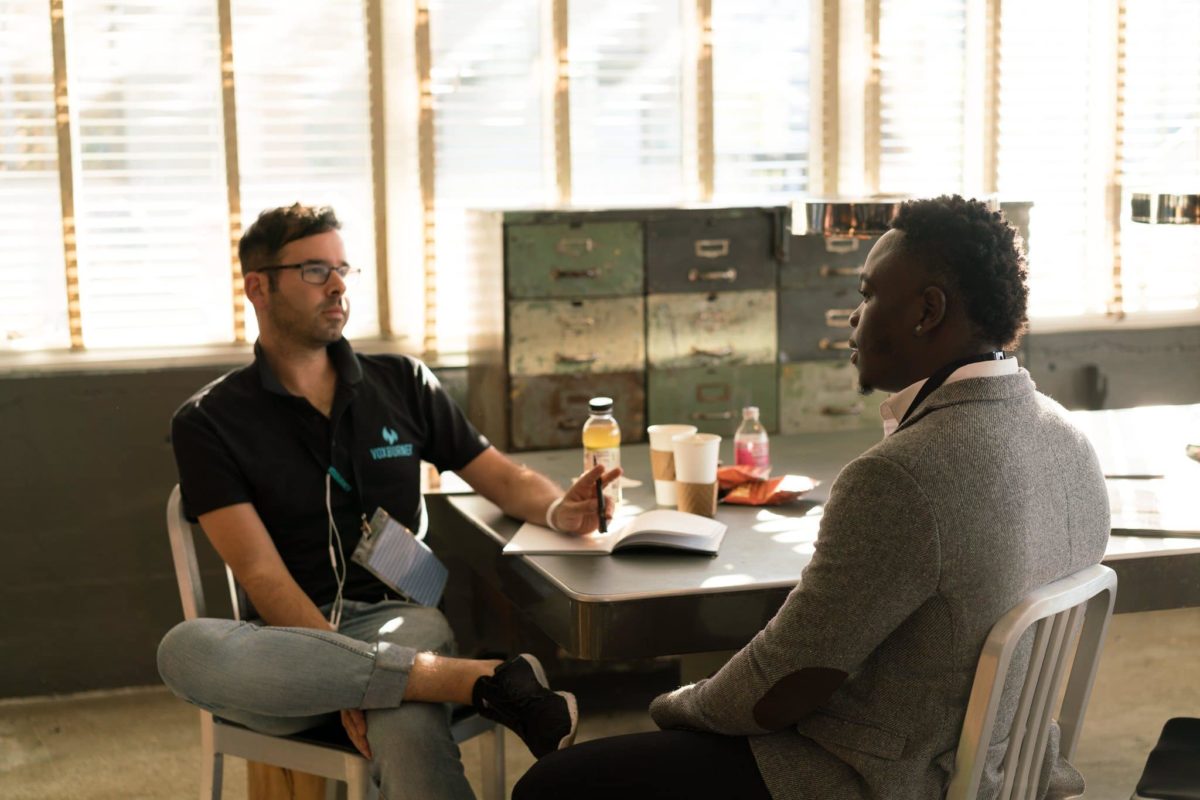
Amid another wave of COVID-19, university administrators are preparing for another pandemic as students return to university campuses. “We have a mental health pandemic inside of the COVID-19 pandemic right now,” according to Dr. Bern Melnyk, Ohio State’s Chief Wellness Officer and Dean of the College of Nursing. Another university administrator acknowledged efforts to hire additional counseling staff. In a reporting period of January 20-February 1, 2021, 57 percent of 18-29 reported symptoms of depression or anxiety, according to a CDC study.
Many students have lost someone in their extended family due to COVID-19 and may have experienced the illness themselves. Others are dealing with the emotional and social impacts of isolation over a year. In addition to COVID-19, students went through one of the most turbulent election cycles that we have witnessed in the U.S. BIPOC students may have suffered greater losses due to COVID as well as traumas from various racist and anti-immigrant incidents.
Due to negative associations many people in this age group have with religious institutions, students may be less likely to turn to religious groups. Instead, they may turn to trusted university staff and faculty for help. If you are a TA, instructor, or professor, you may be one of those students may seek out for help.
Ways to Help the Student Experiencing Stress
- It may be helpful to adapt your syllabus in recognition of recent or current stresses students may be facing. “10 Course Policies to Rethink on Your Fall Syllabus” offers some helpful suggestions of how you may adapt your course syllabi this fall. These might make it easier on you as well!
- Learn to recognize the signs of student mental health concerns. Often, poor course performance isn’t a result of an inability to understand course material but something else.
- Empathic listening that doesn’t try to solve students’ problems but acknowledges that they are not alone and not the only one, can help. Without “rescuing” students, help them identify what steps they will take to address their concerns. These might include healthy habits (diet, rest, and exercise), identifying a supportive community of peers, adopt one or more strategies for emotional resilience, and seeking help quickly, including mental health counseling.
- Familiarize yourself with the various student support services your university offers. Some might be in your own department. You can learn of others through your office of student life and help students connect with them.
- Suicide is the second leading cause of death among 15-24 year olds. Most universities offer “gatekeeper” training for those like yourself who are in contact with many students. Such training will help you recognize the warning signs of someone considering suicide, know how to reach out to them, and connect them with help. Also, have the phone number for the National Suicide Prevention Lifeline handy. It is: 800-273-8255 and is available 24/7 for you and the student you care for to call.
Practicing Good Self-Care
If we’ve flown, we’ve heard this phrase: “In case of a cabin pressure emergency, put on your own mask first before assisting others.” That’s a good principle in many other areas of life. Our capacity to be “present” with others will be a reflection of our own self care.
- Your own spiritual practices are important to leading a centered life. Practices of prayer, scripture reading, silence, journaling and sabbath are some of these that may be vitally renewing.
- How is your physical self-care? It’s amazing how many problems resolve with 7-8 hours of sleep a night or how a 30 minute brisk walk can clear the head!
- Don’t neglect community. Community may be the option we cut out when we are busy. Often, though, the perspective and encouragement lost when we do this is not worth the time saved.
- Recognize the negative practices that hinder you. Do you spend too much time “doom scrolling” and find yourself depressed with all the bad news? Are you turning to alcohol or medications in unhealthy ways to deaden mental pain in your life? If you can’t stop these negative habits, seek help.
- Have you taken time to process the experience of this past year personally. This retreat guide by Carolyn Carney, a spiritual director with InterVarsity, may be a helpful resource. If you are facing unresolved traumas or stress, consider seeking out a spiritual director or counselor.
This has not been an easy experience for any of us, and probably unlike anything we’ve ever experienced. For many of us, what has gotten us through has been leaning into our faith and into care for each other. When we return to campus, we may find new opportunities to draw on the lessons of this last year. We’d love to hear in the comments what you are learning about care for students, peers, and yourself!
Bob Trube is Associate Director of Faculty Ministry and Director of the Emerging Scholars Network. He blogs on books regularly at bobonbooks.com. He resides in Columbus, Ohio, with Marilyn and enjoys reading, gardening, choral singing, and plein air painting.

Leave a Reply